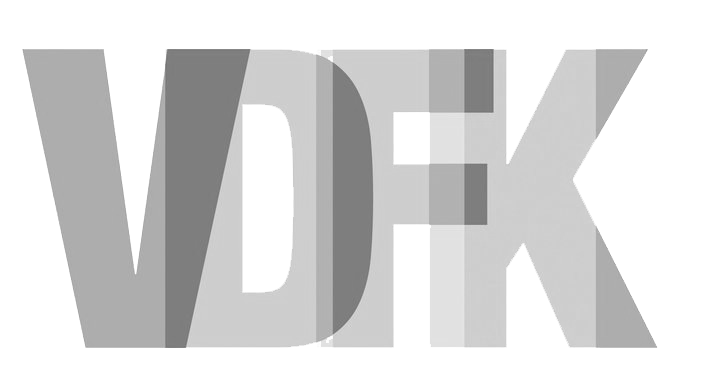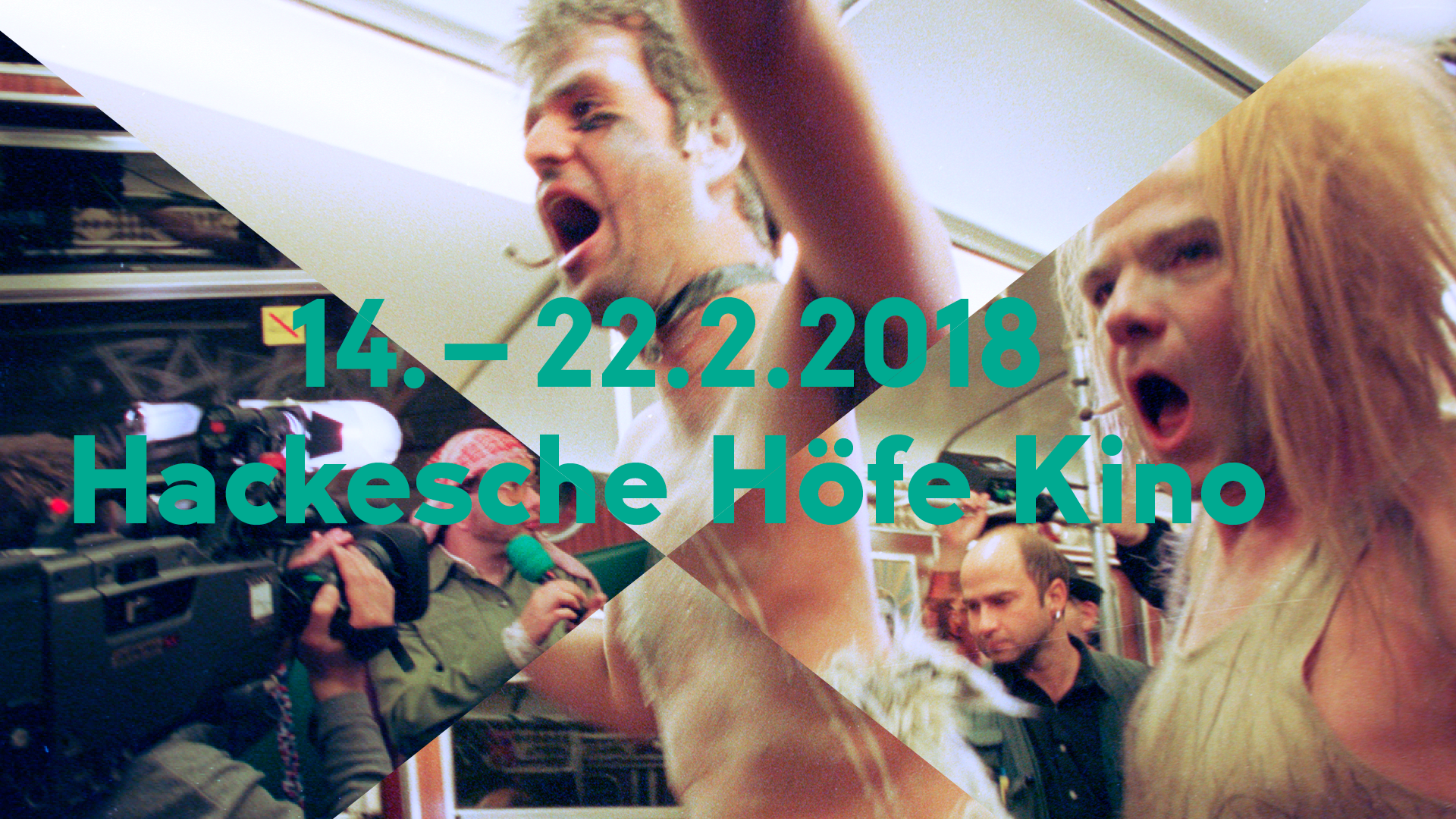Koschke – A Publication for the Berlin Critics’ Week
Berlin Critics’ Week was founded four years ago with the activist intent of casting a different light on film culture, of questioning the many routines of the “business” (our own included), of conceiving of criticism as action, as an endeavor that shouldn’t just observe from afar, but also create incentives. It’s in this spirit that the Critics’ Week 2018 has set out on a new initiative, publishing the first edition of a book to accompany the program.
Somewhere between a festival catalogue and a compendium of essays, this publication brings together material pertaining to our program and rather loose ideas intended to frame the films and incite and invigorate our debates. Additionally, in the first part of the book, a number of short essays address the current state of cinema. We wanted to explore different fields and hear from different voices – the discussions range from the sociological to the philosophical, and our contributors include filmmakers, curators and critics.
An introductory conversation with B. Ruby Rich considers the current status of international film criticism. The former film critic, scholar, curator, and current editor of the film journal Film Quarterly discusses the political potential of critical writing, referring back to examples from her own decades-long career: her many achievements include being one of the preeminent theorists and champions of “New Queer Cinema.” Marie-Pierre Duhamel has worked in almost all fields of cinema – in her contribution “Programming a Festival in Extreme Conditions” she uses the example of a new event in the Chinese provinces to illustrate some of the challenges faced by film curators and those who wish to create new festival formats.
What are the predominant ideas concerning the public and what impact do they have on cinema? This is the question we want to ask in our little conference, which will kick off the Critics’ Week, and one we’ll keep grappling with over the following days. Through the contributions by philosopher Jean-Luc Nancy, sociologist Edgar Morin, film critic Didi Cheeka, as well as a theater pamphlet by the collective Forced Entertainment, we invite readers to consider this question from different perspectives.
In the book’s last part, intended as a closing reflection on the Berlinale in 2020 – which may be only two years away in factual terms, but is perhaps a fair bit further removed in the mind’s eye – we want to address the elephant in the room: the ongoing debate about the future of the Berlinale. As the Critics’ Week, we naturally have our own opinion about it, but we’re above all interested in drawing attention to fundamental and structural questions. That’s why we not only asked different people to share their (condensed) visions of the future, but also sought to render the organizational structure of Germany’s largest film festival transparent for once, and to hold it up against alternative proposals by Rainer Knepperges and Max Linz. They are accompanied by a collage of short written statements by Barbara Albert, Robert Beavers, Jean-Pierre Bekolo, Sompot Chidgasornpongse, Vaginal Davis, Matthias Dell, Ben Gibson, Ulrich Gregor, Daniel Kasman, Fred Kelemen, Ekkehard Knörer, Gertrud Koch, Salomé Lamas and Tatjana Turanskyj.
The title of the book, “Koschke”, is inspired by the Berlin-based pub “Anna Koschke”, which over the years has turned out as a regular meeting point and a space for engaged discussions following the screenings and debates.
The publication can be purchased at Critics’ Week for 5 euros.
Koschke #1
152 pages, color
A publication of the German Film Critics Association (Verband der deutschen Filmkritik e.V.)
Published by Vivien Buchhorn, Michael Hack, Frédéric Jaeger, Dennis Vetter, Jendrik Walendy
Editor: Giovanni Marchini Camia
With contributions by: Barbara Albert, Robert Beavers, Jean-Pierre Bekolo, Vivien Buchhorn, Didi Cheeka, Sompot Chidgasornpongse, Vaginal Davis, Matthias Dell, Marie-Pierre Duhamel, Forced Entertainment, Ben Gibson, David Graeber, Ulrich Gregor, Michael Hack, Frédéric Jaeger, Youdid Kahveci, Daniel Kasman, Fred Kelemen, Rainer Knepperges, Ekkehard Knörer, Gertrud Koch, Salomé Lamas, Dana Linssen, Max Linz, Edgar Morin, Jean-Luc Nancy, B. Ruby Rich, James Quandt, Tatjana Turanskyj, Dennis Vetter, Jendrik Walendy, Linda Williams

